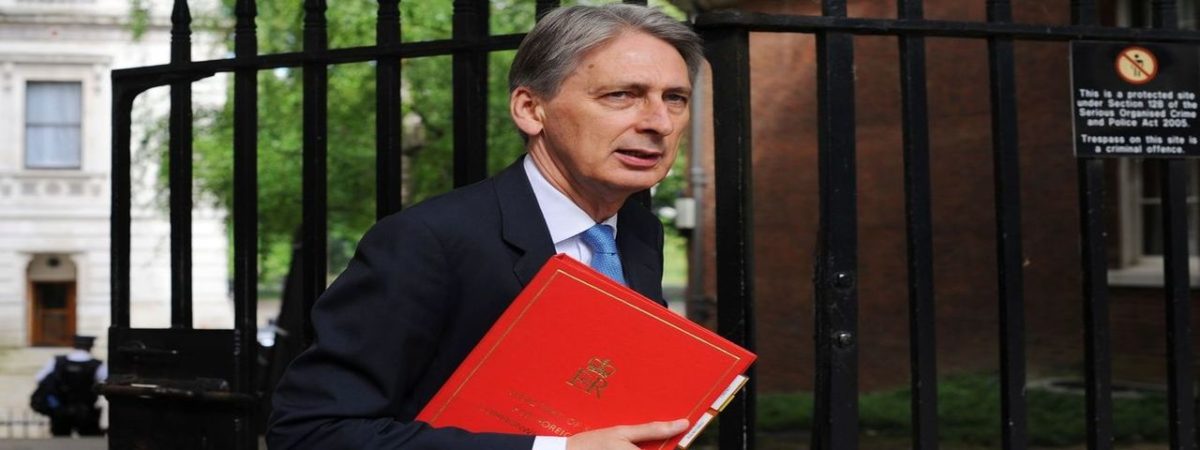Outraged about Offshore Financial Centres? You shouldn’t be.
SUGGESTED



On this issue – which is once again in the news after a leak of 13.4 million documents known as the Paradise Papers – feelings do seem to run before thinking. A revealing sentence in a report about Jacob Rees-Mogg’s ownership of offshore investments read: “There is no suggestion the Brexiteer has avoided tax on any profit, but critics will seize upon the leak as evidence he is out of touch with voters.”
If, like others involved, Rees-Mogg has paid all tax legally and morally due, but is still seen as out of touch, perhaps voters should take a step back before condemning him.
Of course, like any other set of institutions in economic life, Offshore Financial Centres (OFCs) can be abused. However, Jersey, Guernsey and the Isle of Man easily rank alongside – and normally above – most European Union countries for transparency and compliance with the best standards of probity in tax practice.
So, why do they exist at all? The main reason is because of the extraordinary complexity of tax and financial services regulation. OFCs cut out one of many overlapping layers. They are able to mobilise funds from international savers spread round the world to, among many other things, finance much-needed infrastructure development in poor countries. In the process, they can avoid double or triple taxation of particular investments or investors, especially those who are mobile. They are often described as tax havens, but that is a misnomer.
Let’s take a practical example which is in fact close to a real-life situation and relevant to many Christians. Suppose a social enterprise takes funds from investors in many countries in the world and makes loans to poor farmers in Africa and Central America. The farmers pay interest on the loans and, after costs, the investors in the social enterprise make a small return. Of course, nobody wants bankruptcy proceedings to be taken against the poor farmer who cannot repay his or her loan. As such, the social enterprise is set up as a company and the returns cannot be guaranteed to investors. The income is therefore legally classed as a dividend because the investor has no right to it.
If this social enterprise were located in Britain it would immediately be liable to corporation tax. But this would be a travesty. The farmers might already pay tax on their own profits. And the investors will pay tax on the dividends according to their own tax position in their own countries. This second or even third layer of tax would create additional complexity at best and be penal at worst. So, the company can be located offshore: the farmers pay their taxes; the investors pay their taxes; and all are happy.
Of course, it would be naïve to suggest that OFCs were designed for social enterprises. They are used by many people, including the super-rich, to reduce their tax burden and to make life simpler when investing internationally. The British tax code is 12 times longer than the King James Bible and much less clear. If we are combining the investments from individuals from different countries in one fund, why would such international investment vehicles wish to locate in Britain? In general, though, as with Jacob Rees-Mogg, the British users of such funds still pay their taxes at home.
OFCs can provide cover for evasion (theft from the government) or for money laundering, though, as already noted, they are cleaner than most normal countries. There are also some activities that are close to the line ethically where investors are using OFCs to avoid tax that the government clearly intends they should pay.
There are therefore definitely ethical responsibilities in this area, though there are many shades of grey. We could do with a modern-day St Thomas Aquinas to help guide us on some of these problems. But, interestingly, the recently published government “tax gap” report suggests that everyday activities such as from where we buy cigarettes or how the self-employed declare their income and expenses are more important than what goes on in the Channel Islands.
When we put our legitimately tax-deductible money into the Church collection we do need to consider these issues. Examining our own consciences before examining those of other people is always a good start.
There is less to offshore finance than meets the eye.
This article was first published in the Catholic Herald (16th November).
2 thoughts on “Outraged about Offshore Financial Centres? You shouldn’t be.”
Comments are closed.





Avoiding double taxation is important but you missed some other practical reasons to use legal entities in offshore financial centres. One of the dimensions on which they compete is corporate law. Issues such as when dividends are permitted to be paid, what corporate bylaws are legal, the legal path on enforcement of security, are all enormously important when investors come together to fund a specific investment. e.g. enforcing a mortgage on a property in many jurisdictions can be painful and slow, if that property is owned by an SPV then you can choose a jurisdiction where enforcing a pledge on the shares of the SPV is predictable, efficient and inexpensive.
It is unsurprising that the paradise papers have produced less than the panama papers. Panama is towards the shadier end of the spectrum, hence we find the money of former heads of state (Argentina). Cayman is one of the cleanest, so we find boring investment structures and no tax avoidance.
thanks for that, very helpful